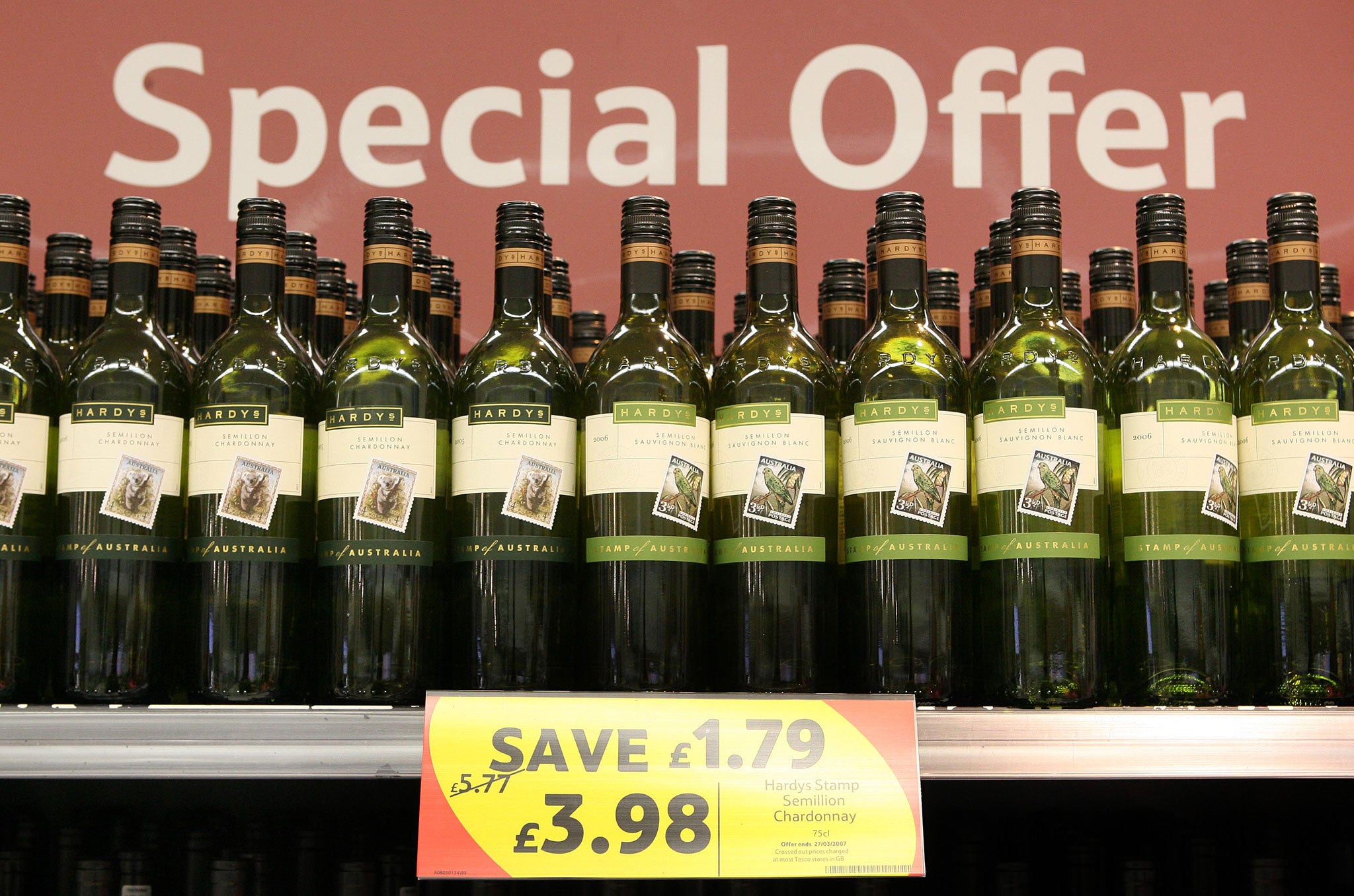Supermarket multi-buy offers can BOGOF. Who goes shopping to practise their mental arithmetic?
A Which? survey has discovered that the price of one in 10 products go up when they’re in a multi-buy deal. Just who are supermarkets trying to kid?

I’ve never liked multi-buy offers in the supermarket. I’m not against 3-for-2 in principle, you understand. I like it in Boots, on vitamins and shampoo, and I used it yesterday when I bought three rolls of wrapping paper in a futile attempt to convince myself that I am remotely planning for Christmas.
But in supermarkets, I am suspicious of them: rightly so, it turns out. Which? has discovered that the prices of roughly one in 10 products go up when they’re in a multi-buy deal. One example was of a pack of four yoghurts, usually retailing for £1. It was put onto a multi-buy deal (two for £2), whereupon the cost of one pack shot up to £1.59. The multi-buy saved you nothing but the phoney mark-up. And if you don’t have time to eat eight yoghurts before the use-by date, too bad.
Even when multi-buy deals do save me money, I’d prefer it if they just discounted the items individually. I don’t have a car, so carrying quantities of anything heavy – Diet Coke is my barbell of choice, also wine or gin, depending on the day – is a nuisance. I’ll be back tomorrow for more (not for more gin. Well, not usually), but I’m trying to avoid curvature of the spine.
And then there’s the financially illiterate deals that Which? discovered, including packs of sweets for 34p each or four for £3. Of course, the supermarkets all say that the information is on the shelf for customers to check that they’re getting the best deal available, but who goes grocery-shopping to practise their mental arithmetic? Apart from me, obviously: I love sums. But I’m not trying to buy a week’s shopping and ferry children round the store at the same time, so I can afford to indulge in extra maths.
I think if the supermarkets really meant what they said about trying to help customers get the best deal, they would offer a walk-round service. You could book an appointment with a chap carrying a calculator and, ideally, wearing jaunty spectacles. Every time you got to a particularly baffling set of offers, he’d have to do the maths for you, and show his workings.
If he can’t tell you the cheapest product in under a minute, you get the baked beans for free, and a personal letter from the managing director, apologising for making your life harder, and offering to deliver your groceries for a month to make it up to you.
What a life of Brian
This weekend, Bafta will finally recognise the genius of Brian Cosgrove, the co-founder of the animation company Cosgrove Hall. Along with Mark Hall, who died a year ago, Brian Cosgrove is one of the most important figures in British animation history. He is also one of the very few people in the world who create unmitigated delight. If he’d only invented Danger Mouse, Penfold and Baron Greenback, he could have retired as my hero. But instead, he was adding Count Duckula (the vegetarian vampire duck), Chorlton and the Wheelies, and many more to the Cosgrove Hall of fame.
Like Oliver Postgate’s work, the programmes which Cosgrove Hall produced were funny and silly, but they also have an essential kindness at their core. And, by the way, having a Scottish snake with a forked tongue called Mac the Fork is a brilliant joke. Bafta should have given them a special award decades ago.
Join our commenting forum
Join thought-provoking conversations, follow other Independent readers and see their replies
Comments
Bookmark popover
Removed from bookmarks